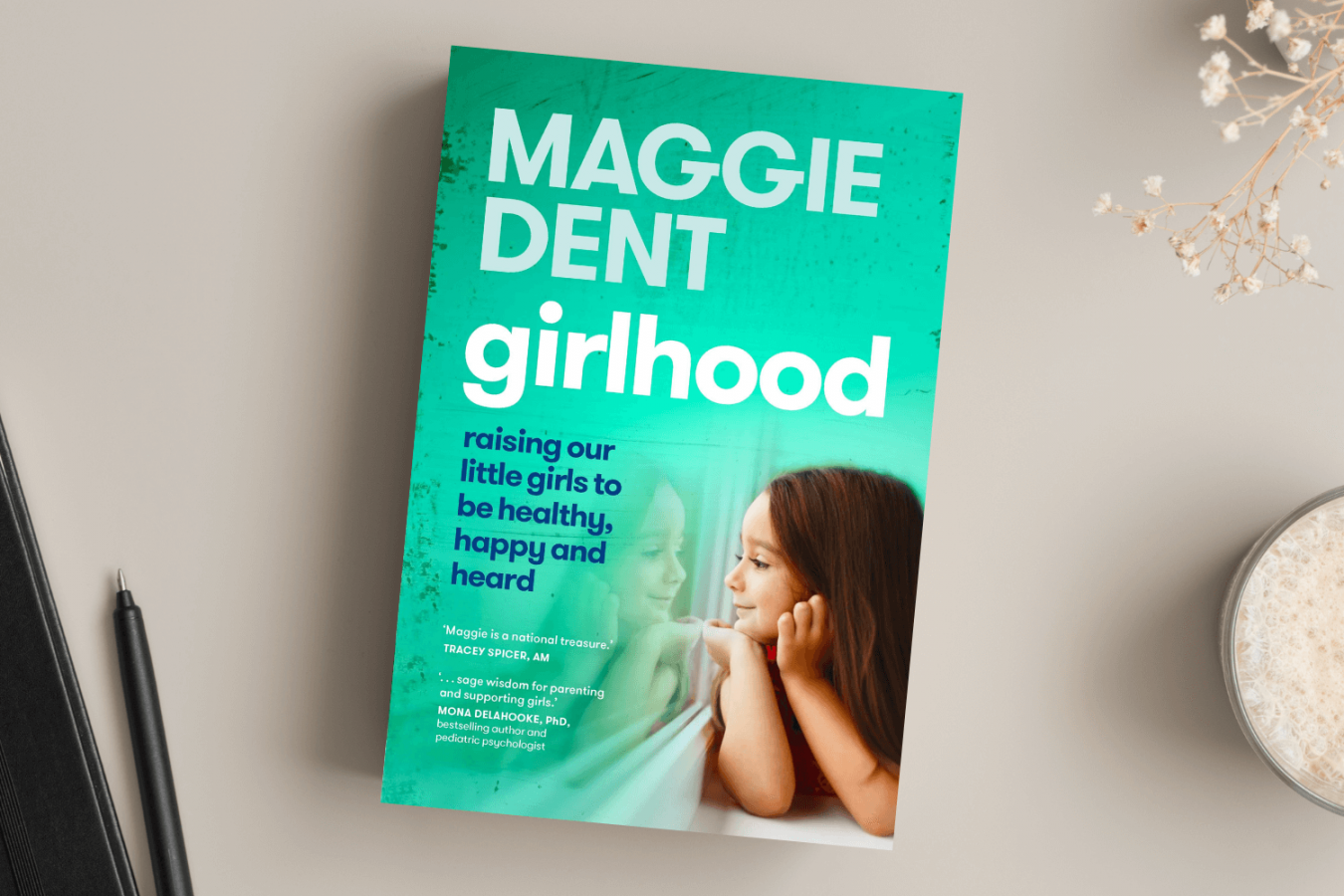
Tips on how to be a child's favourite adult. What is the International Baccalaureate? And are you an 'orchid' or 'dandelion' parent?
Our selection of thought-provoking and useful resources from around the web on educating and raising children, and supporting families.
5 tips to become a kid's favourite adult
(Mayowa Aina, Life Kit – NPR)
When it comes to parenting, there’s a plethora of books, articles, podcasts and online groups that parents can turn to for support around raising children. Yet if you are an adult in a child’s life, and not a parent, there’s not quite as much.
Author and entrepreneur Rachel Cargle explains that while she’s not a parent, she’s an ‘auntie figure both for my nieces and nephews who are biologically part of my life, but also as my friends and other people in my community are having children of their own’.
The writer shares five tips on how adults can be supportive and positively impact a child’s development even when they aren’t the parent. Licensed child and adolescent psychologist Erlanger Turner suggests providing non-judgemental support.
‘Kids might be afraid to share certain things with their parents because they’re afraid they’ll get in trouble or disappoint them’, says Turner.
The article also shows how the benefit of an adult and child relationship works both ways. Cargle says, ‘I don’t want to live a life where children aren’t at all a part of it because they do bring such a beautiful wonder and really just some of the fun that we often miss out on as we move through adulthood’.
Read the full articleWhat is the International Baccalaureate, and is it right for my child?
( Emily Brewin, ABC Education)
Does the school you’re considering offer The International Baccalaureate (IB) program? Not sure what it is or what this means for your child? This article gives a broad overview.
In a nutshell, the IB is a non-profit educational foundation offering four programs for children aged three to 19. The programs are geared towards university preparation, culminating in the IB Diploma — a globally recognised educational qualification.
The author explains that ‘the IB is an education framework for 21st-century students — preparing young people to be critical thinkers who care about others and the world’. ‘I saw the benefit to students of completing consecutive IB programs, especially the Primary Years Program (PYP) and Middle Years Program (MYP). The consistency of approach equipped them with critical-thinking skills, which helped them to think broadly and deeply about the issues presented in class and in the world around them.’
The Diploma Program (DP) is geared towards university, international study and employment. However, the author says that ‘it is important to remember not all students are suited to university, and there are many pathways to work and tertiary education’.
She goes on to note that for students to succeed, it takes more than a ‘certain type of curriculum’. ‘Teachers, the learning environment, parental involvement, peers — and the list goes on — all significantly impact student achievement.’
Read the full articleThe rise of highly sensitive parents
(Melissa Hogenboom, BBC)
The feeling of overwhelm can hit parents when they least expect it, but if you happen to be a highly sensitive person (HSP), the everyday life of parenting can hit a little harder. These hidden personality traits – referred to as ‘orchid’ or ‘dandelion’ parents – can shape family life.
The author highlights how highly sensitive parents often face unique challenges in parenting, such as being more affected by external stimuli like loud noises or bright lights. She also discusses how HSPs tend to be more empathetic and intuitive, which can be both a strength and a challenge when it comes to parenting.
Michael Pluess, a developmental psychologist at Queen Mary University of London, explains how sensitivity to noise – a typical feature of being highly sensitive – can make parenting especially challenging. ‘When my children scream, it can feel as though my brain is imploding. To respond to their needs and comfort them, I have to learn to switch off that sensation. Of course, this is easier when I feel well-rested. Unfortunately, parenting tends to come with disrupted sleep, at least in the early years.’
However, ‘being a highly sensitive parent does not need to be negative’, says Francesca Lionetti, a researcher at G d’Annunzio University of Chieti-Pescara in Italy. She found that ‘for sensitive parents, being better attuned to their own respiratory signals was linked to more positive parenting’.
Read the full article

